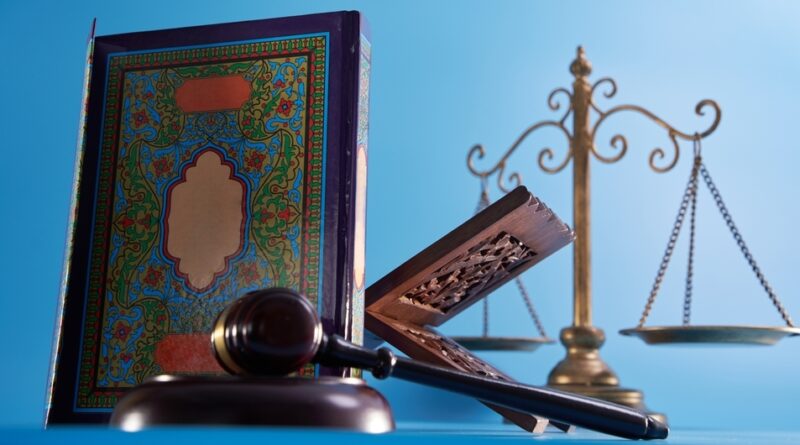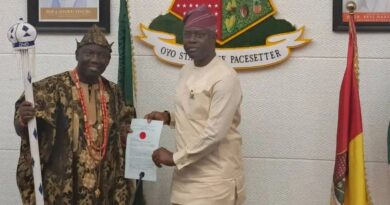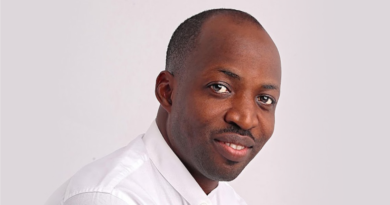Yoruba Muslims Demand Shari’ah Courts in Southwest Nigeria
Several Muslim organisations have urged Nigerian authorities to uphold the constitutional and religious rights of Muslims by facilitating the establishment of Shari’ah courts in the Southwest. At a press conference titled “State of the Nation” held in Ibadan on Tuesday, the Concerned Yoruba Muslim Scholars in Nigeria and the Supreme Council for Shari’ah in Nigeria (SCSN) reaffirmed that the push for Shari’ah courts is not an attempt to Islamise Nigeria but rather to provide a legal avenue for Muslims seeking adjudication under Islamic principles.
Sheikh Abdulrasheed Hadiyatullahi, President of the Supreme Council for Shari’ah in Nigeria, explained that Shari’ah courts are meant strictly for Muslims and those who voluntarily choose to have their disputes resolved under Islamic law. He stressed that these courts would operate under constitutional provisions, ensuring they do not infringe on the rights of non-Muslims.
According to Sheikh Hadiyatullahi, the absence of state-sanctioned Shari’ah Courts of Appeal in the Southwest has led Muslim communities to establish independent Shari’ah panels. These panels have played a significant role in settling disputes, particularly in matters of marriage, inheritance, and business, thereby reducing the burden on the overburdened conventional legal system. He pointed out that Shari’ah courts are already legally recognised in several northern states and should also be allowed in the Southwest, where a substantial Muslim population exists.
“The genuine Yoruba Muslims, mostly concentrated in the Southwest, therefore demand the establishment of Shari’ah courts, as constitutionally operated in some other states,” he stated.
Former Executive Secretary of the Muslim Ummah of South-West Nigeria (MUSWEN), Daud Noib, highlighted the need for public awareness regarding the nature and purpose of Shari’ah courts. He noted that much of the opposition stems from misinformation or a lack of understanding of how Islamic courts function.
See Also: Prophet Hezekiah Visits Sam Maris University Akungba, Ondo.
Similarly, Ishaq Akintola, Director of the Muslim Rights Concern (MURIC), supported the call for the courts and urged Muslim stakeholders to engage with the government and civil society to ensure that the initiative is properly understood and accepted. He emphasised that Shari’ah courts are designed to serve Muslims exclusively and will not be imposed on non-Muslims.
Beyond the call for Shari’ah courts, the groups also demanded fair representation of Muslims in government appointments under President Bola Tinubu’s administration. They expressed concerns that Muslims, despite their significant population in the Southwest, are under-represented in key political and judicial appointments.
Several notable figures attended the event, including Kamil Oloso, a former lecturer at the Department of Arabic and Islamic Studies at the University of Ibadan.
Ishaq Olarewaju Oloyede, the current Joint Admissions and Matriculation Board (JAMB) registrar, has also been vocal about the need for Shari’ah laws in the region.
As discussions on religious legal systems continue in Nigeria, the advocacy for Shari’ah courts in the Southwest highlights broader conversations about religious freedom, legal pluralism, and constitutional rights. The Muslim groups reiterated their commitment to peaceful coexistence and religious tolerance while advocating for the legal rights of the Muslim population in the region.
The push for Shari’ah courts remains a topic of debate, and its implementation will depend on political will, legislative backing, and societal consensus. Public opinion on the implementation of Sharia law is generally unfavourable, with many citizens believing the law is a disguised attempt to Islamise Nigeria.
Content Credit| Ajibola Emmanuel Adebayo
Picture Credit | https://seekersguidance.org/




